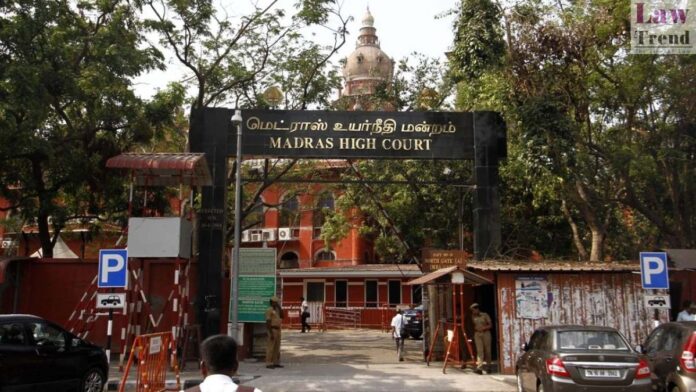The Madras High Court (Madras HC) has ruled that oral evidence is admissible to ascertain the “true nature” of a registered document, holding that Sections 91 and 92 of the Indian Evidence Act, 1872, do not bar a party from proving that a document purported to be a Sale Agreement was, in fact, executed as
To Read More Please Subscribe to VIP Membership for Unlimited Access to All the Articles, Download Available Copies of Judgments/Order, Acess to Central/State Bare Acts, Advertisement Free Content, Access to More than 4000 Legal Drafts( Readymade Editable Formats of Suits, Petitions, Writs, Legal Notices, Divorce Petitions, 138 Notices, Bail Applications etc.) in Hindi and English.




